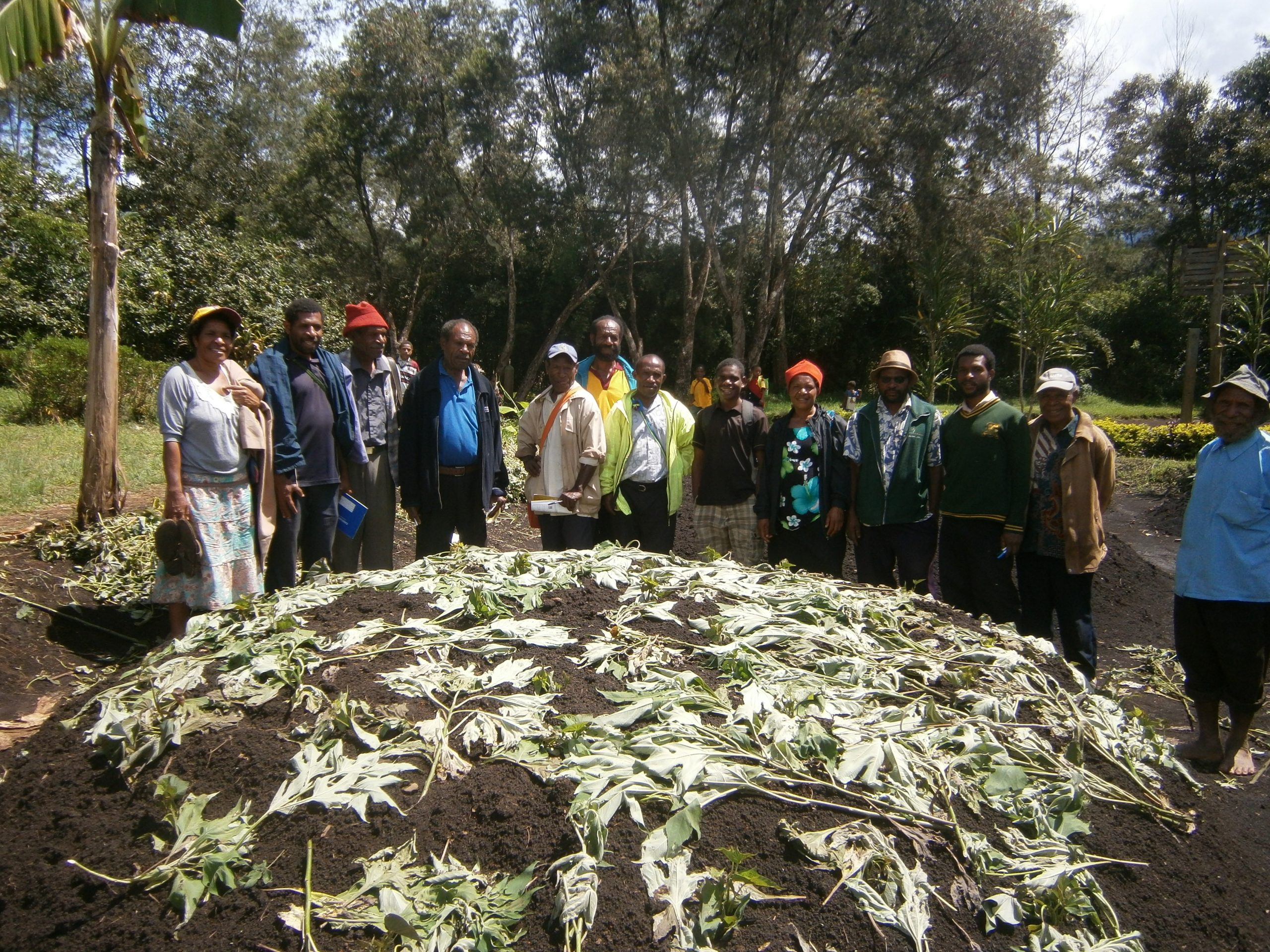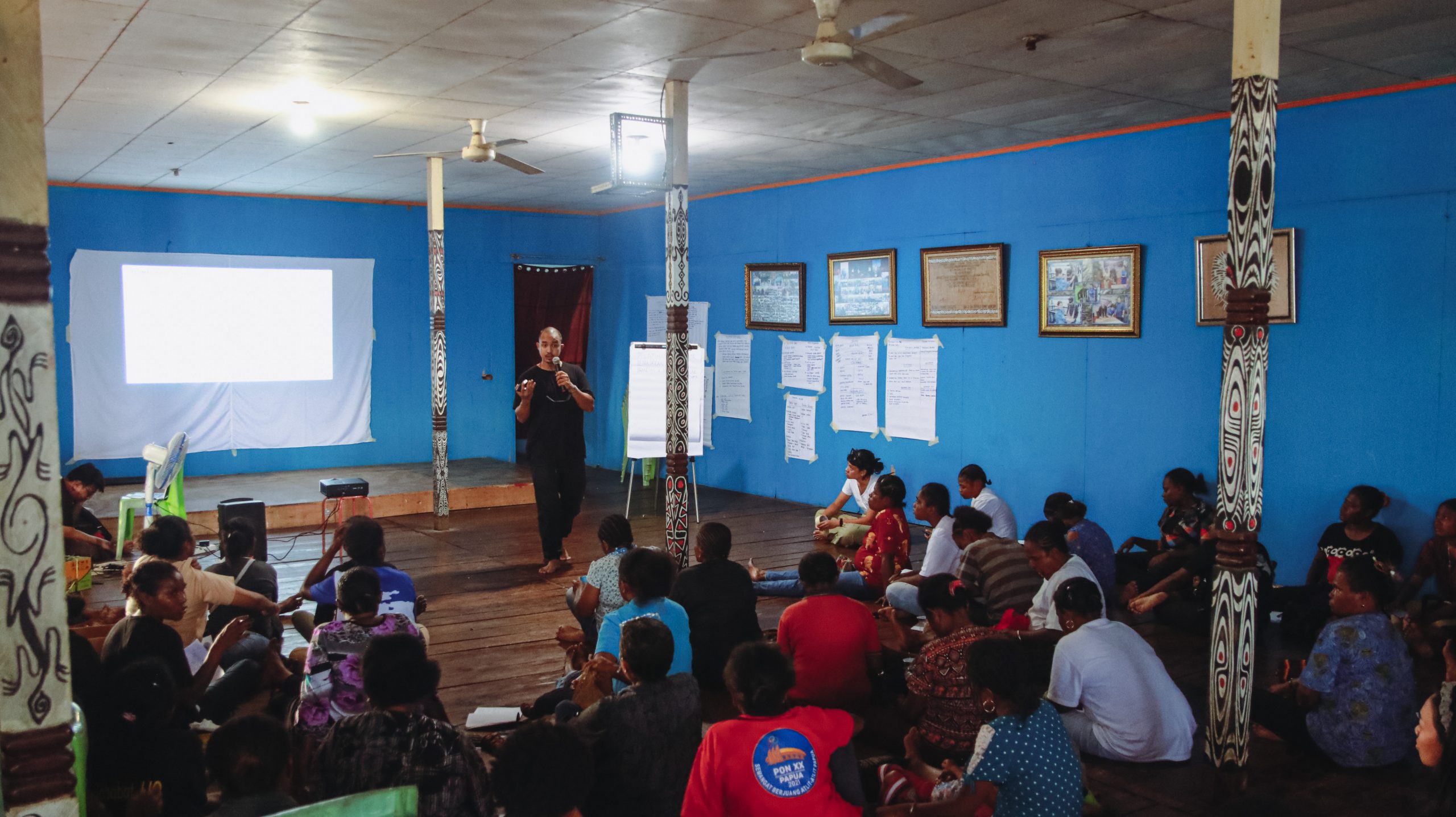“If you want to go fast, go alone. If you want to go far, go together” – African Proverb
The Sustainable Development Goals (SDGs) are a set of 17 global goals established by the United Nations in 2015 as part of the 2030 Agenda for Sustainable Development. They aim to address the world’s most pressing challenges, including poverty, inequality, climate change, environmental degradation, peace building, and justice. These challenges are complex, requiring coordinated efforts and a broad and diverse range of capabilities and resources. No single sector can tackle these challenges alone. As such, SDG 17 explicitly calls out the importance of partnerships in achieving the SDGs, with several targets related to multi-stakeholder engagement.
A cross-sector partnership (CSP) is as it sounds: when two or more sectors (government, business, non-profit etc.) come together to address shared challenges and achieve common goals. CSPs offer the exciting potential to break down institutional and sectoral silos and disrupt traditional development models by fostering the mutually beneficial exchange and leveraging of skills, knowledge and resources. One of the most successful examples of CSP at a global scale is Gavi, The Vaccine Alliance. Gavi engages across governments, multilateral institutions, private sector pharmaceutical companies, nonprofits and civil society with the shared objective of increasing access to vaccines in low-income countries. Since inception Gavi has prevented millions of deaths from diseases like measles, polio and pneumonia. The success of Gavi can be attributed to the ability to clearly define shared goals but also ensuring that there is shared value across all stakeholder sectors involved.
However, despite the growing consensus that development needs CSPs, the architecture of international development does not incentivise innovative and sustainable collaboration. The project-driven nature of development programs encourages efficiency, short-termism, and cordoned-off scopes that prioritise donor needs. The development sector is also significantly under-resourced as aid generosity is shrinking. The value of CSPs- therefore lies not only in their capacity to target complex problems, but as part of a broader shift away from donor-client transactional programs towards effective, sustainable transformations that development desperately needs.
While initiatives such as Gavi are emblematic of the impact that CSPs can have, there remains a dearth of platforms outside of specific funded projects and initiatives that aim to incubate enduring development partnerships. The Cross Sector Development Partnership Initiative (XSPI) was established with a mission to help fill this gap. XSPI emerged following an Executive Roundtable hosted at Melbourne Business School in 2019 that focused on sustainable development and the need for new operating models, including innovations in partnership. XSPI established a network of stakeholders across the sectors of government, business, philanthropy, NGOs and academia/research and operates as a platform to identify and promote opportunities for CSP in development in the Indo-Pacific region, with a current focus in Bangladesh, Indonesia and Papua New Guinea.
XSPI is unique in that it does not fund or implement projects, rather it serves as a platform that brings sector stakeholders together. XSPI aims to be an objective broker, focused on finding opportunities to create shared value between variable sector partners, enabling cross sector projects and strategic partnerships to emerge. XSPI’s work is in support of the SDGs and operates with a “5C” approach: Catalysing, Collaborating, Coalition Building, Co-Creating and/or Convening new development partnerships and/or projects.

XSPI partners in PNG
One example is a strategic partnership between XSPI and the World Mosquito Program (WMP) based out of Monash University. WMP has a novel technology called Wolbachia, that when bred into mosquitos prevents the transmission of dengue virus. WMP and XSPI partnered in support of a dengue elimination project in Bali province, Indonesia. Through this partnership, XSPI was able to assist WMP with developing a robust social and economic benefits case, connect them to relevant Australian and Indonesian government stakeholders and implementing NGOs and map out a strategy for engagement with private sector business in Indonesia to progress the project. XSPI is currently exploring potential opportunities for program implementation in Bangladesh.
Another project highlight is The Civil Society (CSO) Sustainability Program, which has been co-created by XSPI’s Papua New Guinea (PNG) Working Group members. The pilot program is based in the Highlands region of PNG and was developed from the acknowledgement that local CSOs (including Community Based Organizations, NGOs and Faith Based Organizations) assume much responsibility for rural outreach and service delivery yet are generally denied voice and agency by local and national government and are often left behind in current models of donor funding and aid delivery. The XSPI Working Group members undertook a feasibility study, consulting with many Highlands based CSOs to understand their challenges and needs, and what kind of model would best support them.
The insights from this feasibility study soon became the genesis for the CSO Sustainability Program. The proposed pilot phase will support an established host agency and two provincial based agencies to provide a range of support services to local CSOs including training, operational and program support, and access to infrastructure/digital connectivity that will build local capacity and embody the ethos of locally led development. The long-term intention is that, if successful, the model can further be scaled and bring in other stakeholders across philanthropy, government and business.
Successful CSP examples like Gavi and XSPI-supported projects make a compelling case for the power of collective impact in driving transformation. Partnering horizontally towards a common goal has the potential to amplify impact and, more importantly, sustain progress. Despite being a common misconception, cross sector partnerships don’t have to be, and are not always, based on funding models. In reality, they offer the unique potential to break down institutional and sectoral silos and disrupt traditional development models by fostering the mutually beneficial exchange of skills, knowledge and resources. If cross sector partnerships are oriented towards common goals that address the shared challenges facing us today, they signify a rewarding pathway towards a more equitable and resilient global community.
———————

Zoey Diaz was appointed XSPI CEO in March, 2023. She has over a decade of experience in the philanthropic sector, having spent a majority of her career with the Bill & Melinda Gates Foundation, where she focused mainly on vaccine preventable diseases and the evidence to policy to implementation pathway for new vaccine introduction. She has also worked on initiatives aimed at identifying opportunities for increased public-private partnerships focused on undernutrition in developing countries and has consulted with global non-profit institutions on strategy and business development. Zoey has a bachelor’s degree in political science from the University of Washington and a Masters in Health Policy, Planning and Finance from the London School of Economics and London School of Hygiene & Tropical Medicine.

Jasmine Stephens is a Senior Research Associate at the Cross Sector Development Partnerships Initiative (XSPI) in their Indonesia Working Group. She is currently studying a Masters of Applied Anthropology and Development at the Australian National University.
XSPI (Cross Sector Development Partnerships Initiative) is a network of development and business sector professionals committed to catalysing social change through cross-sector collaboration and diverse in-country connections with a current focus in Bangladesh, Indonesia, and Papua New Guinea. XSPI supports efforts to achieve the SDGs by breaking down the silos between government, business, NGOs, philanthropy, and academia/research.
Images: courtesy of XSPI network members. Feature image: XPSI partners in Indonesia conducting a workshop on business strategy for MSMEs
